The newly released provides actionable steps to increase mass timber adoption, use and capacity in Canada, including public-private collaboration, standardization and skills development.
The unveiled the roadmap recently on Parliament Hill. The report, developed in partnership with the , (FPAC), and Energy Futures Lab, outlines “an ambitious and strategic vision for the future of mass timber in Canada and its potential to transform green construction.”
“Transition Accelerator has done a bunch of work on energy efficiency and they were looking at different sectors in the economy,” Rick Jeffery, Canadian Wood Council president and CEO, told the Daily Commercial News.
“They looked at mass timber and basically said that they thought it was an area that needed focus to help us make the transition to net-zero quicker. They approached us, the Canadian Wood Council and FPAC, to see about what we can do to develop a roadmap that could fast track mass timber production and acceptance.”
According to a release, the roadmap comes after more than a decade of collaborative efforts to unlock and demonstrate the potential of mass timber and lays out a plan to increase the mass timber market, both domestic and exports, to $1.2 billion by 2030 and to $2.4 billion by 2035.
Mass timber has the opportunity to contribute to decarbonizing the building sector, generating growth in clean competitiveness sectors, and can address unmet demand for housing, said Jeffery.
“We thought this roadmap would be useful to just help the industry, the forestry industry and the construction industry figure out some of the things that they would need to do to get more use of mass timber to meet two pressing public policy goals: one is net-zero, decarbonizing the built environment, and two, is to provide affordable rapidly deployed housing solutions,” he explained.
Action areas to move the mass timber value chain forward
In order to achieve the targets laid out co-ordinated effort across three critical areas will be required.
The Mass Timber Roadmap calls for a partnership between public and private sectors to develop and advance a comprehensive policy package that will enhance the value of Canada’s forest resources while building domestic capacity along the supply chain.
There was also a call for some financial assistance to help build up capacity.
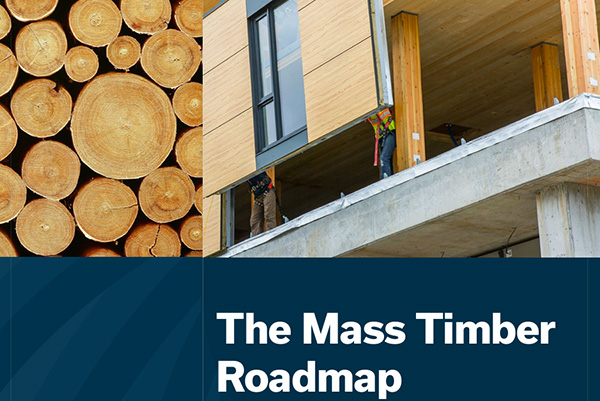
“Essentially, it was, ‘Hey, we’re here, we’re on the cusp of it, we should do a little bit better job of co-ordinating between government and industry and along the supply chain to see how we can work better to get more mass timber into the built environment,’” Jeffery stated.
There is also a need to standardize building archetypes, wood specifications and connectors to streamline processes and reduce costs, Jeffery added.
“In order to make this work better, we are calling for some standardization on both sides of the supply chain so to speak, so standardization in terms of the product mixes that are available,” he noted.
He also mentioned getting standardized designs for hybrid mass timber and steel structures so architects and engineers are able to design buildings more efficiently.
“We want to find the best mix of low carbon materials, structural materials for any given building. We’re not advocating that everything has to be built out of wood,” he said. “What combination of wood, concrete gives you the best performance at the lowest carbon output or footprint.”
The third piece of the puzzle is implementing a robust skills development plan that encompasses all aspects of the supply chain.
“There is a capacity issue, so there needs to be more training, continuation of training for architects and engineers, installers, construction workers, developers and code officials, municipal building inspectors,” said Jeffery.
Forming a mass timber alliance
The next step in the process is a mass timber alliance consisting of industry and other stakeholders, working closely with government. A co-ordinating council should oversee implementation of the roadmap, the report indicates.
“The next step is to collectively get together and see what things in the report resonate and can be implemented and figure out how to do that in order to get use and capacity accelerated,” Jeffery said.
“Once we get the actors in the room…we will then say, ‘OK here’s what the report says, what are the priorities? Is there anything missing?’ And then start to address things in the report, things around standardization, things around education, and also just looking at government policy…They’ve (government) thrown money at housing…so how can we capture some of those programs and make sure that they’re helping us build the capacity and getting the uptake.”
Follow the author on X/Twitter .


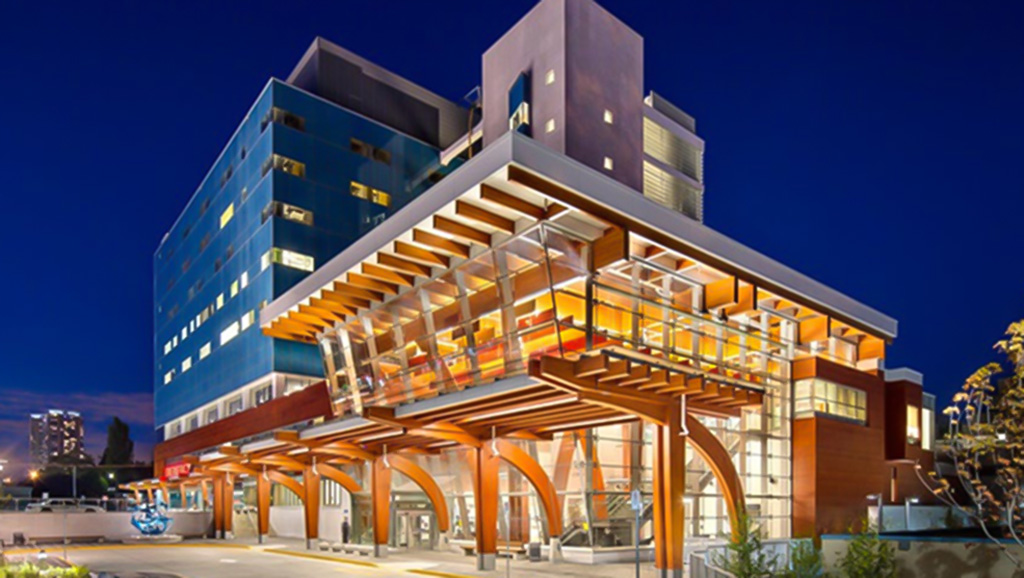
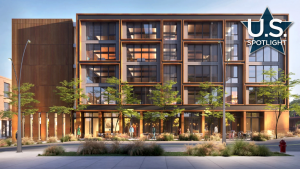



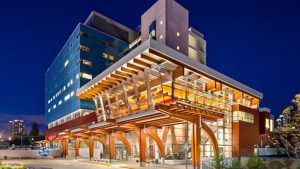

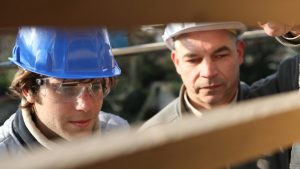
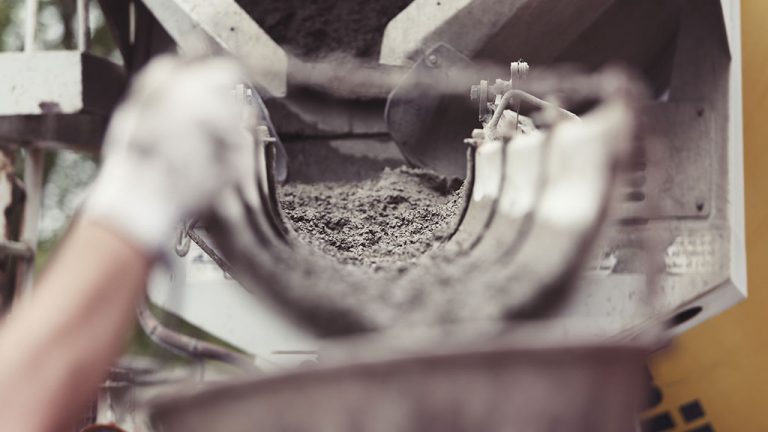
Recent Comments